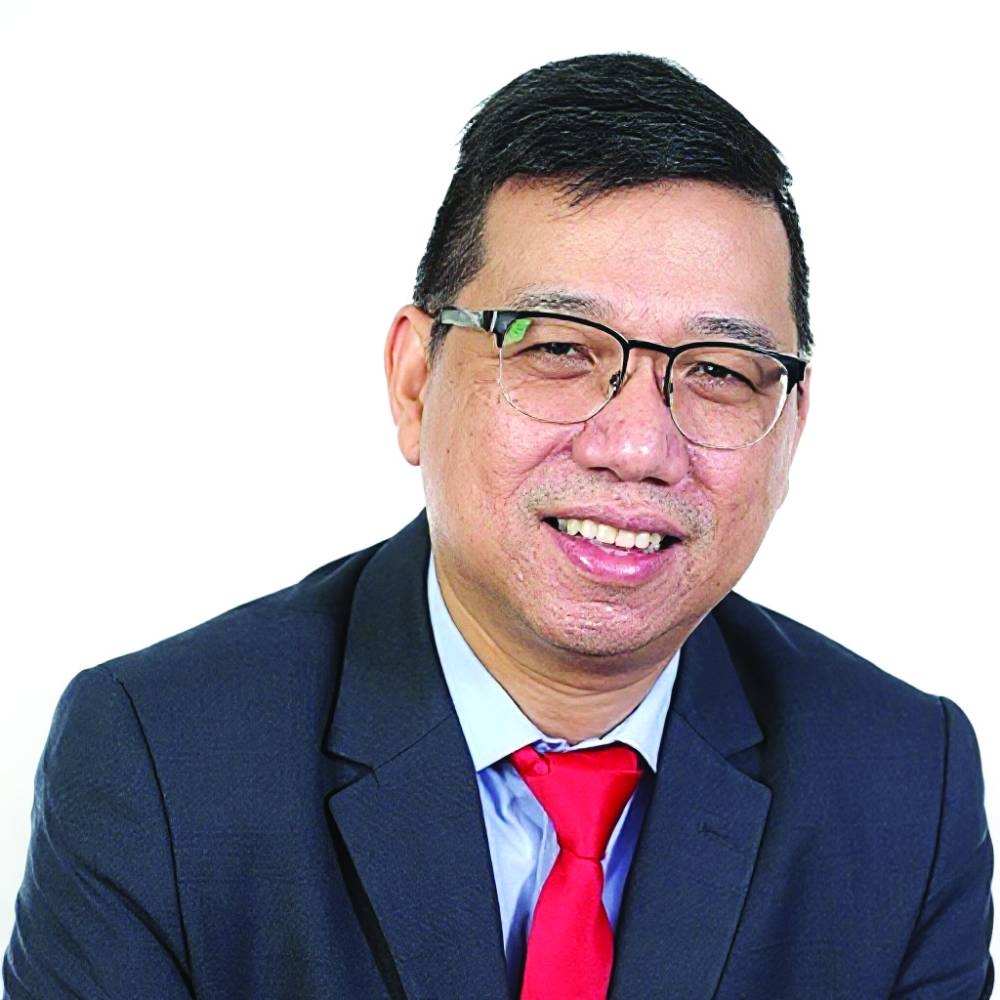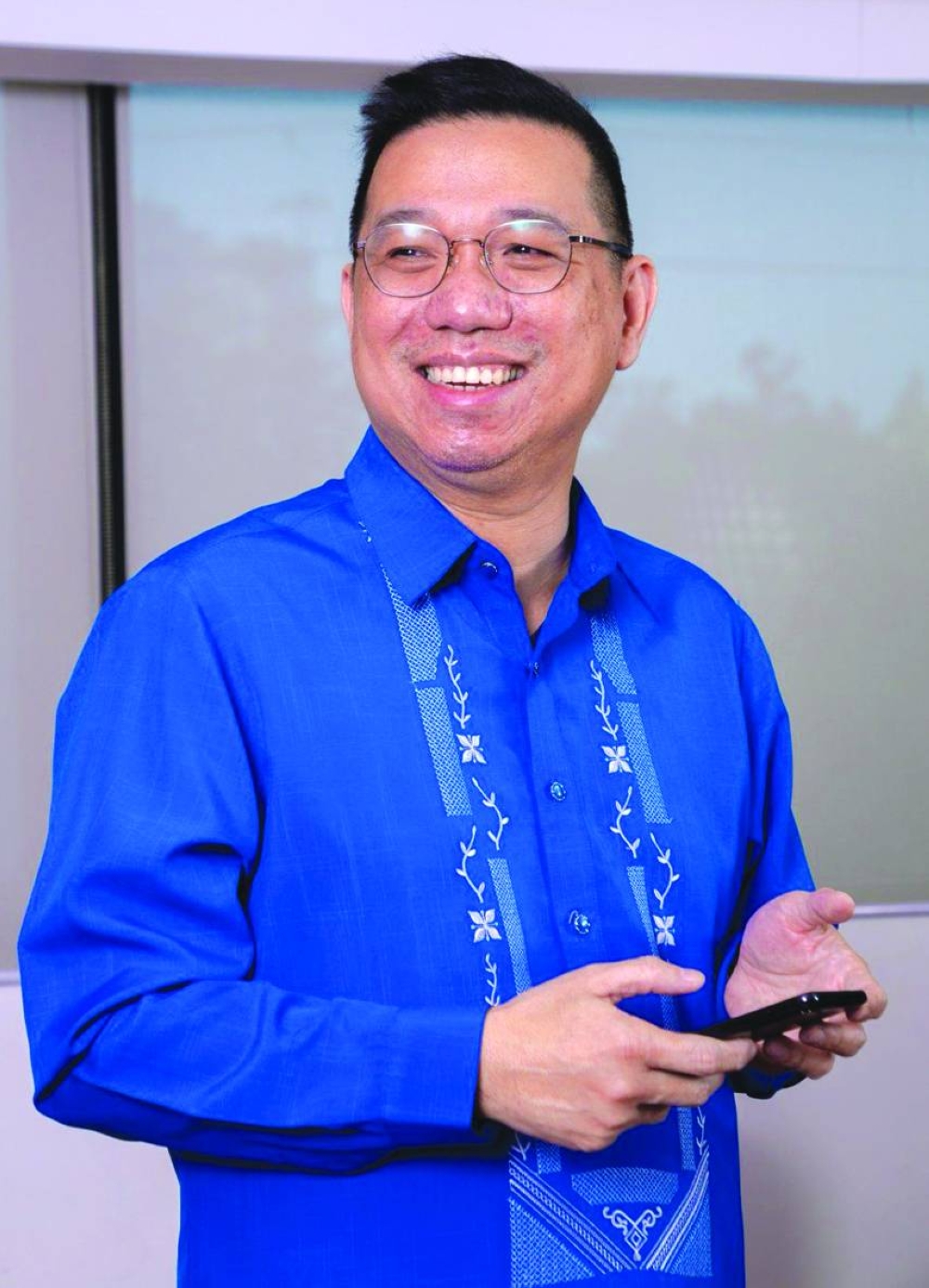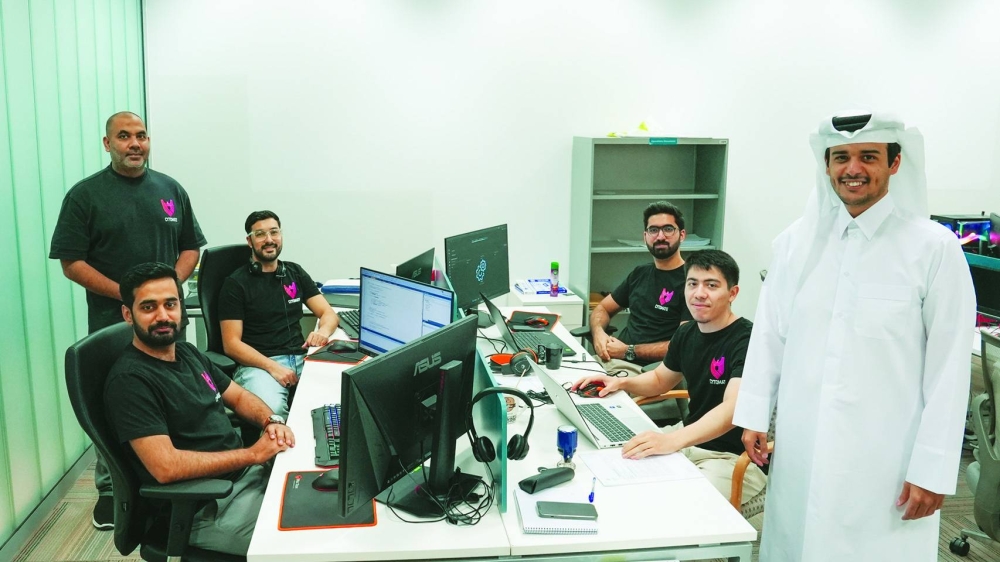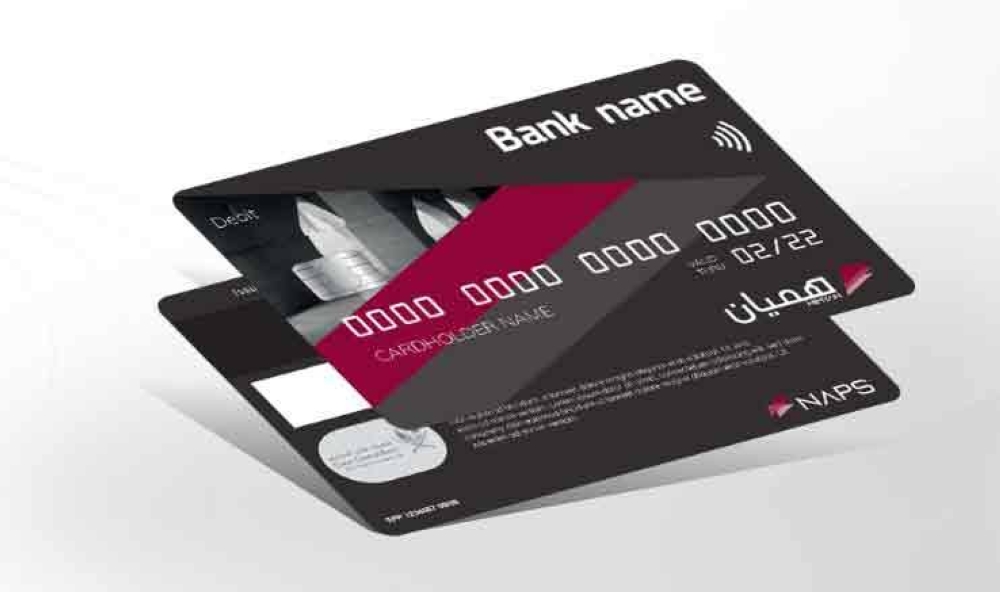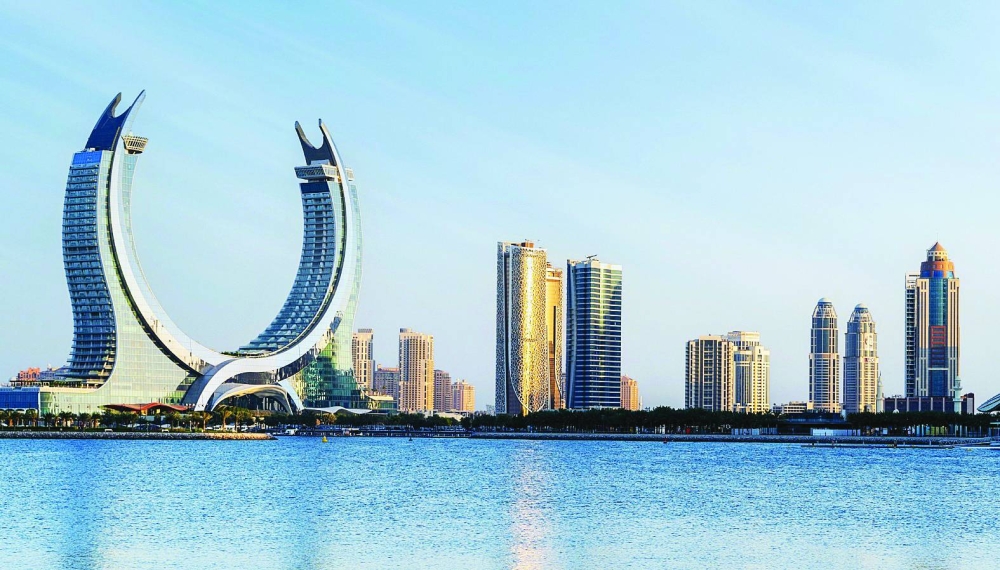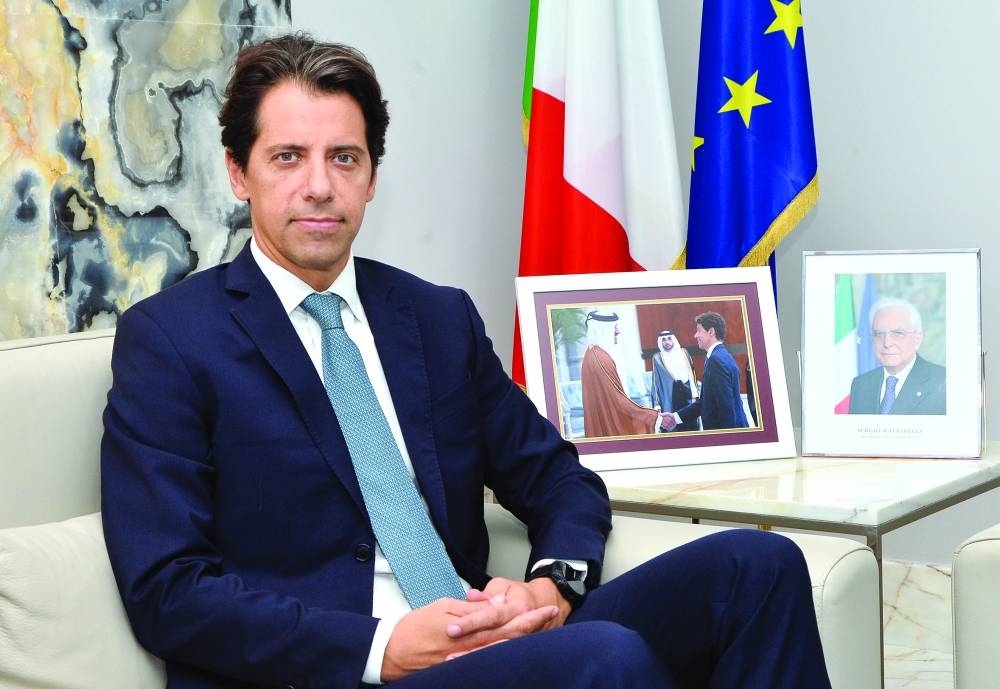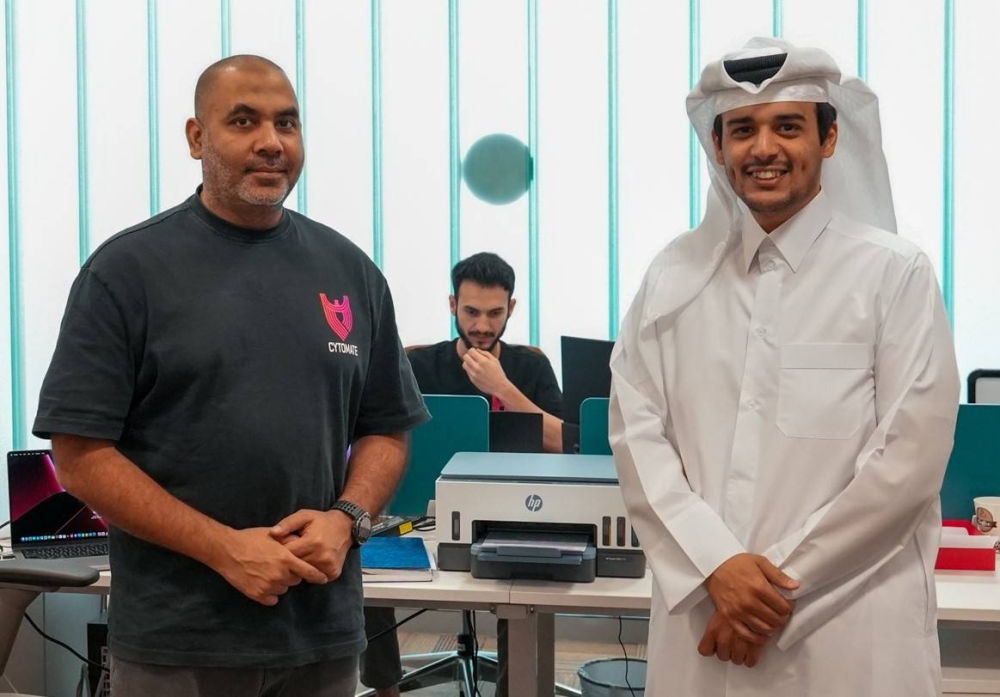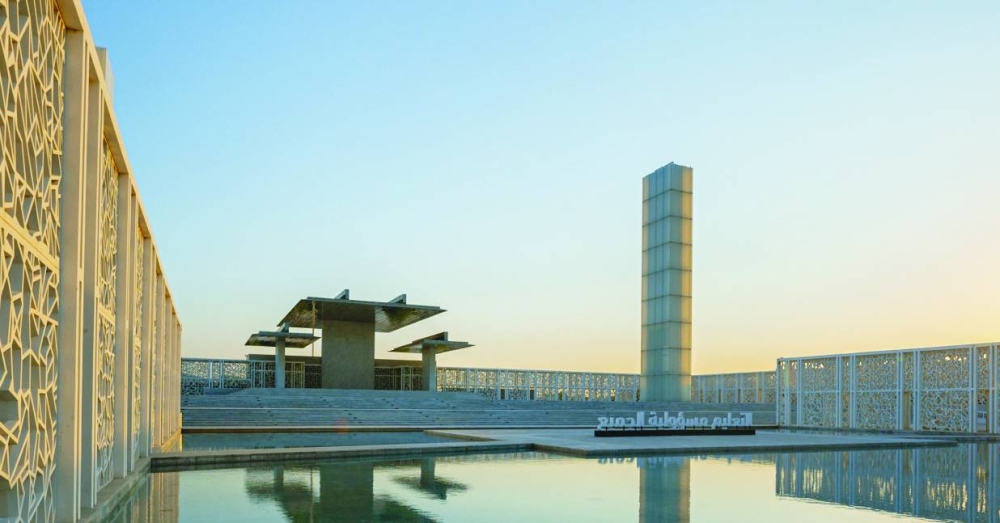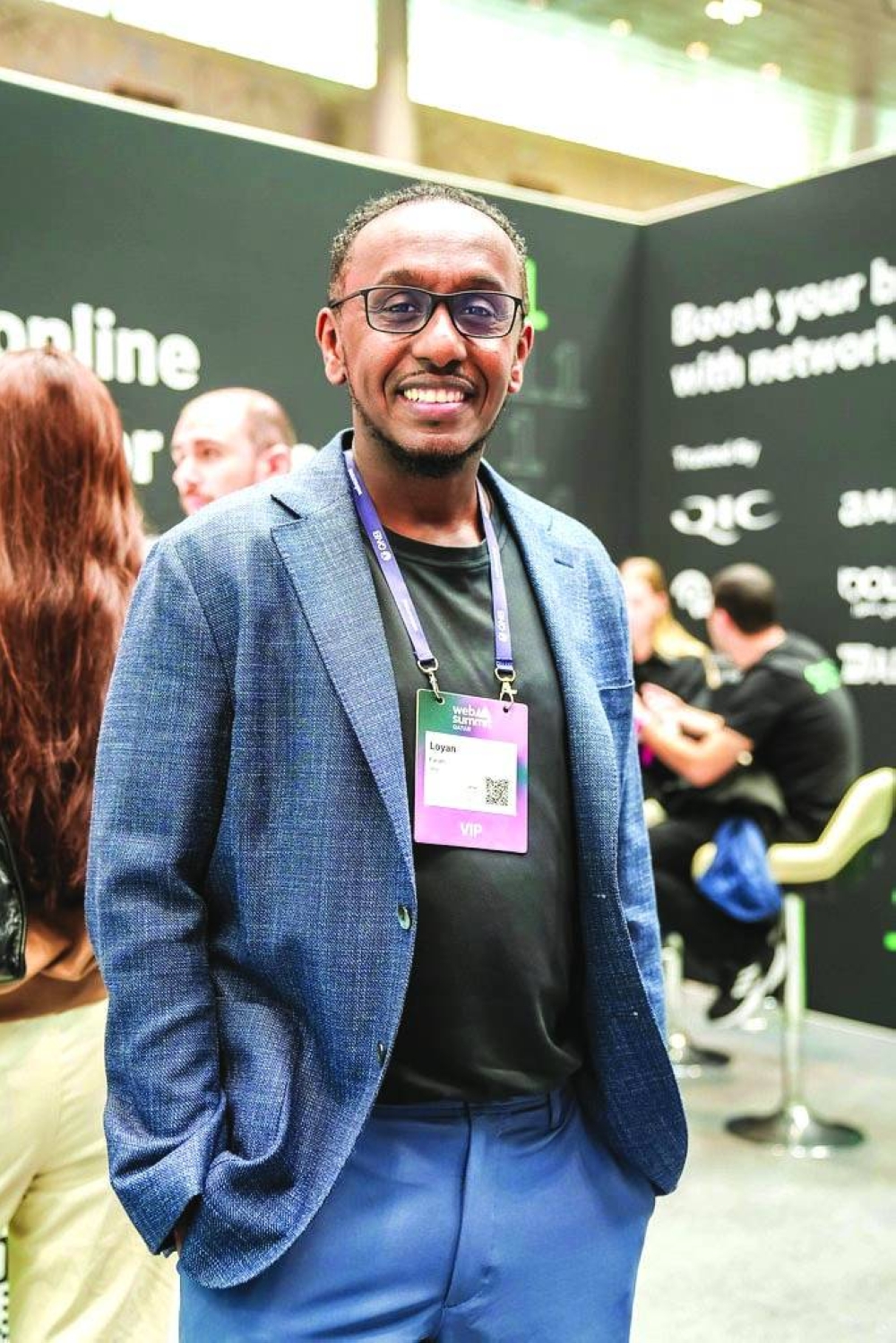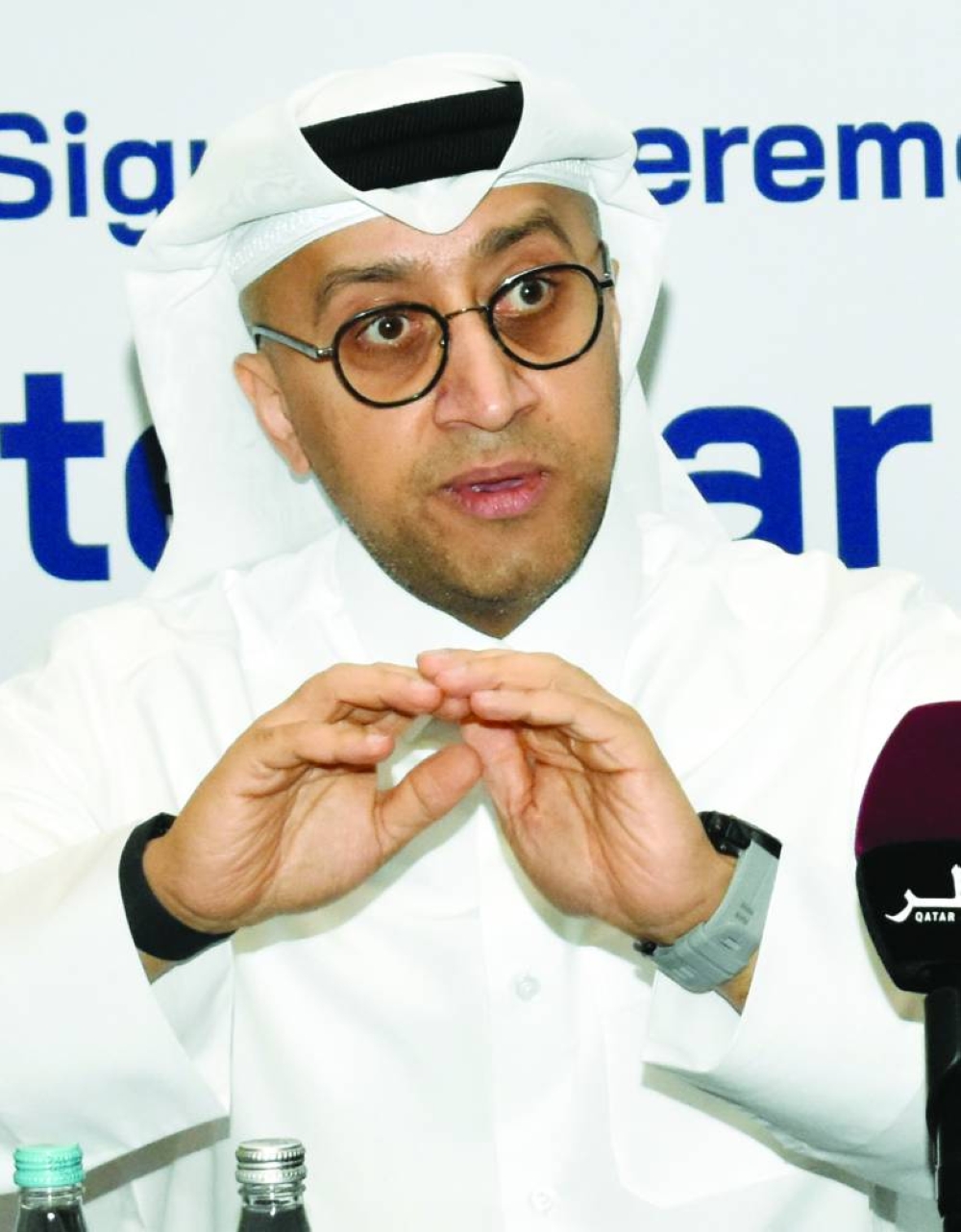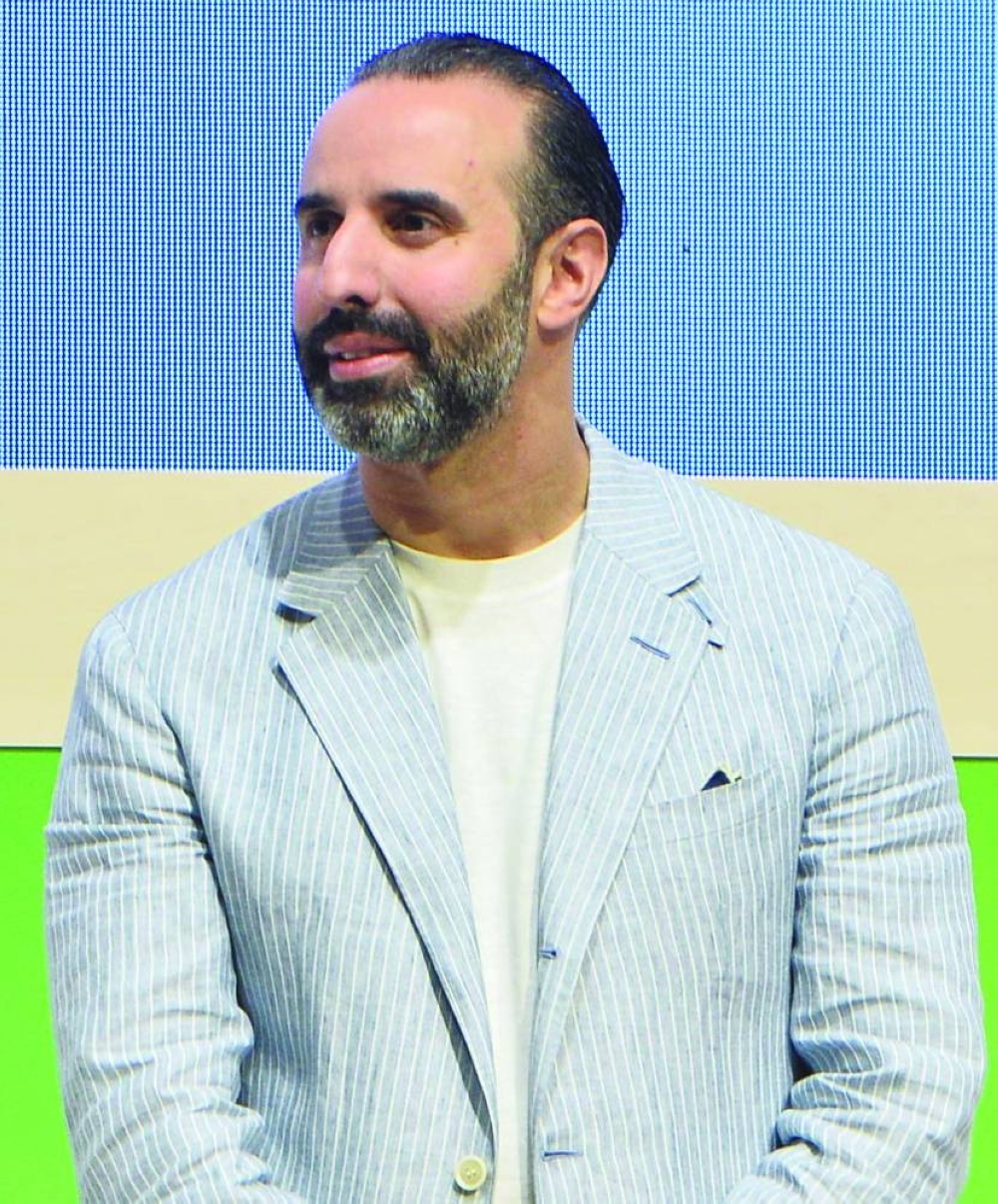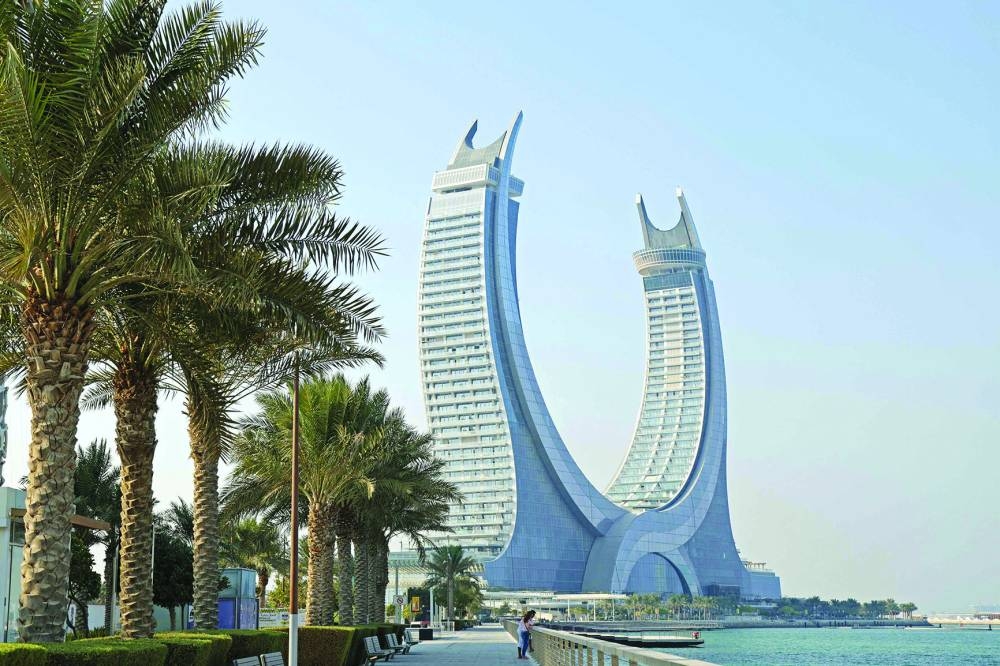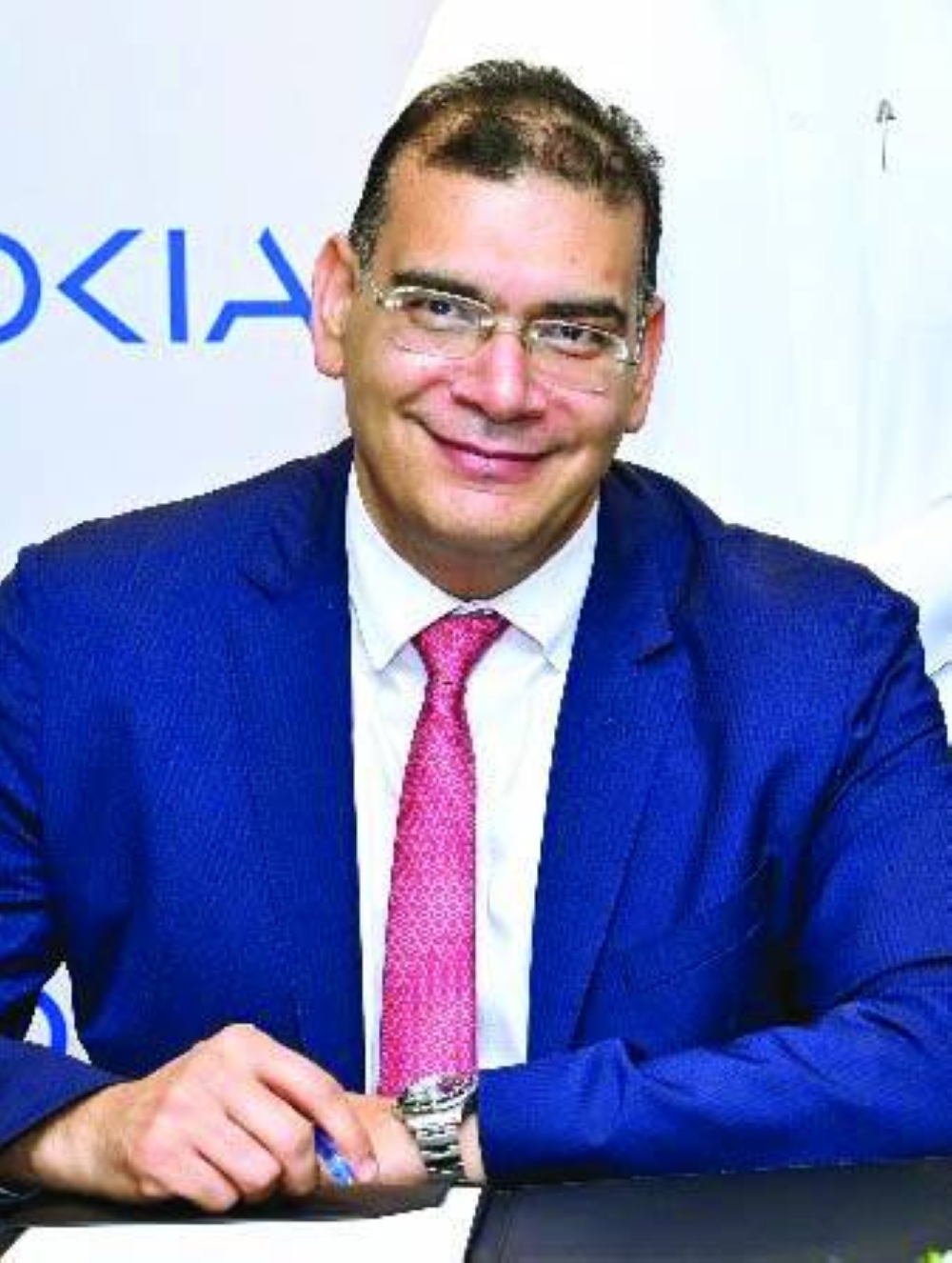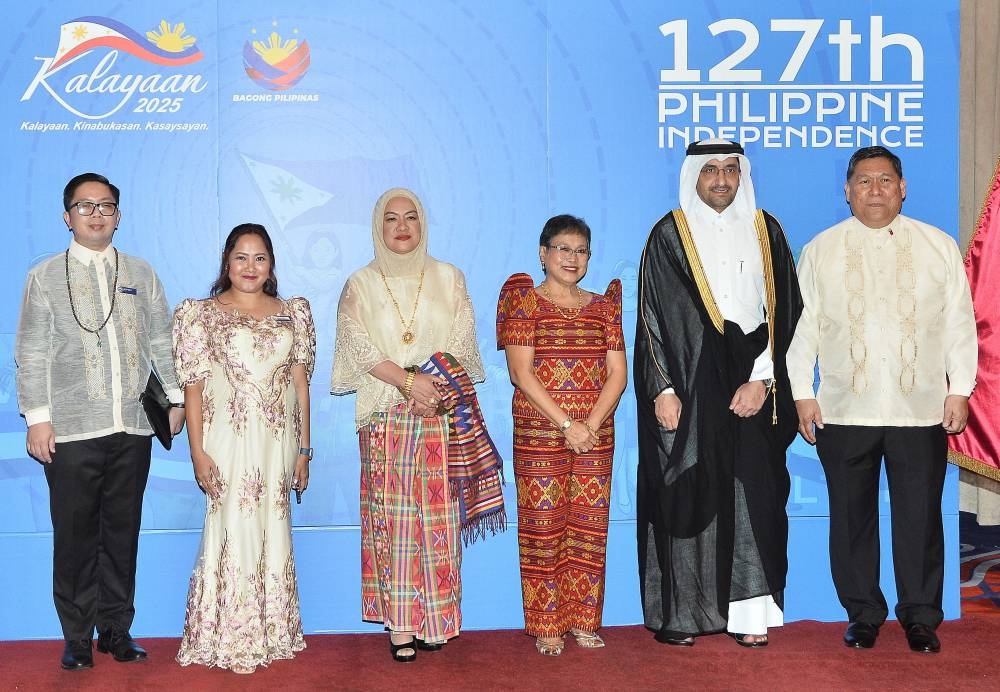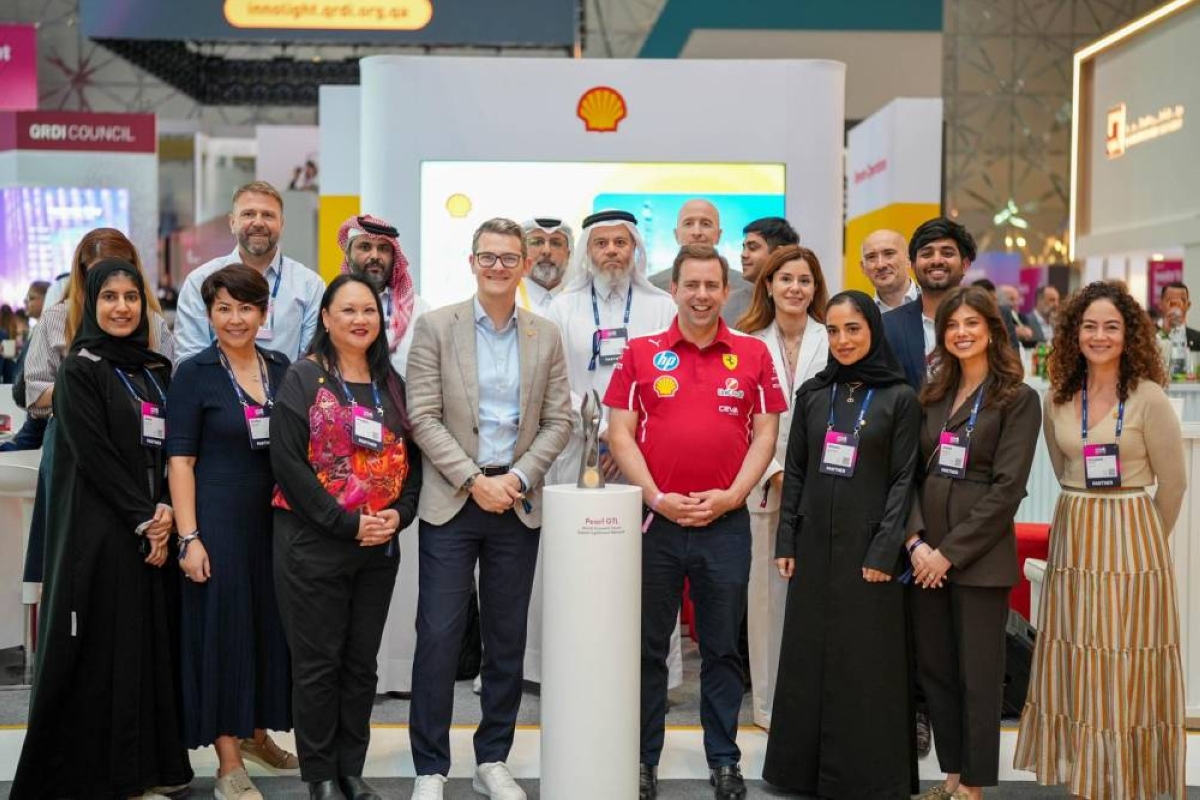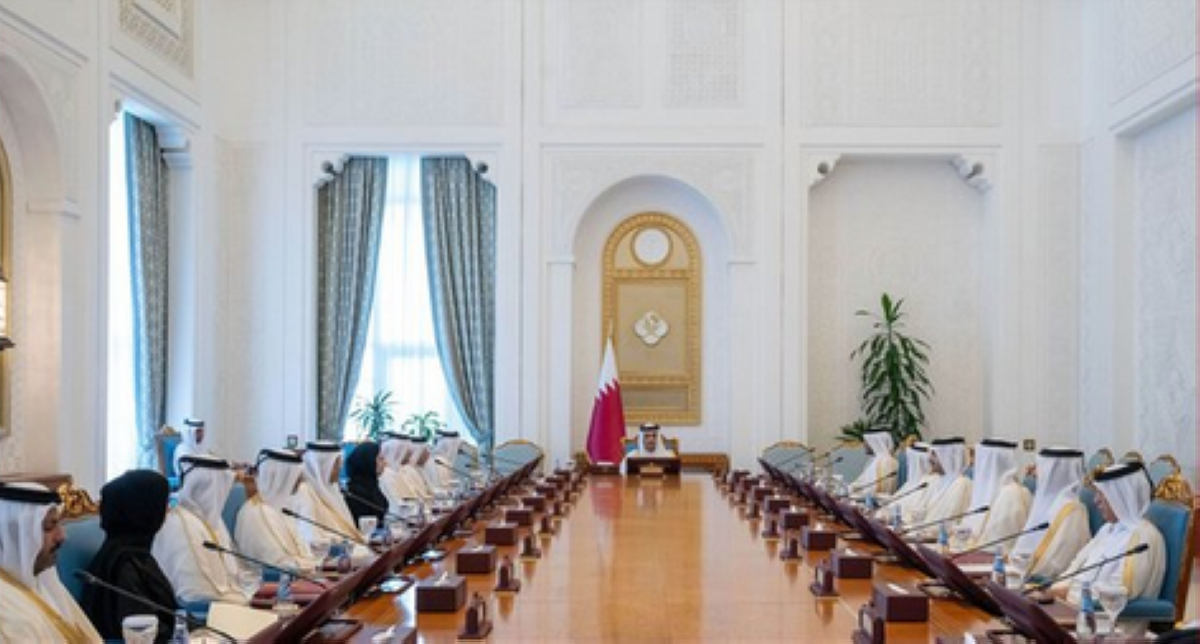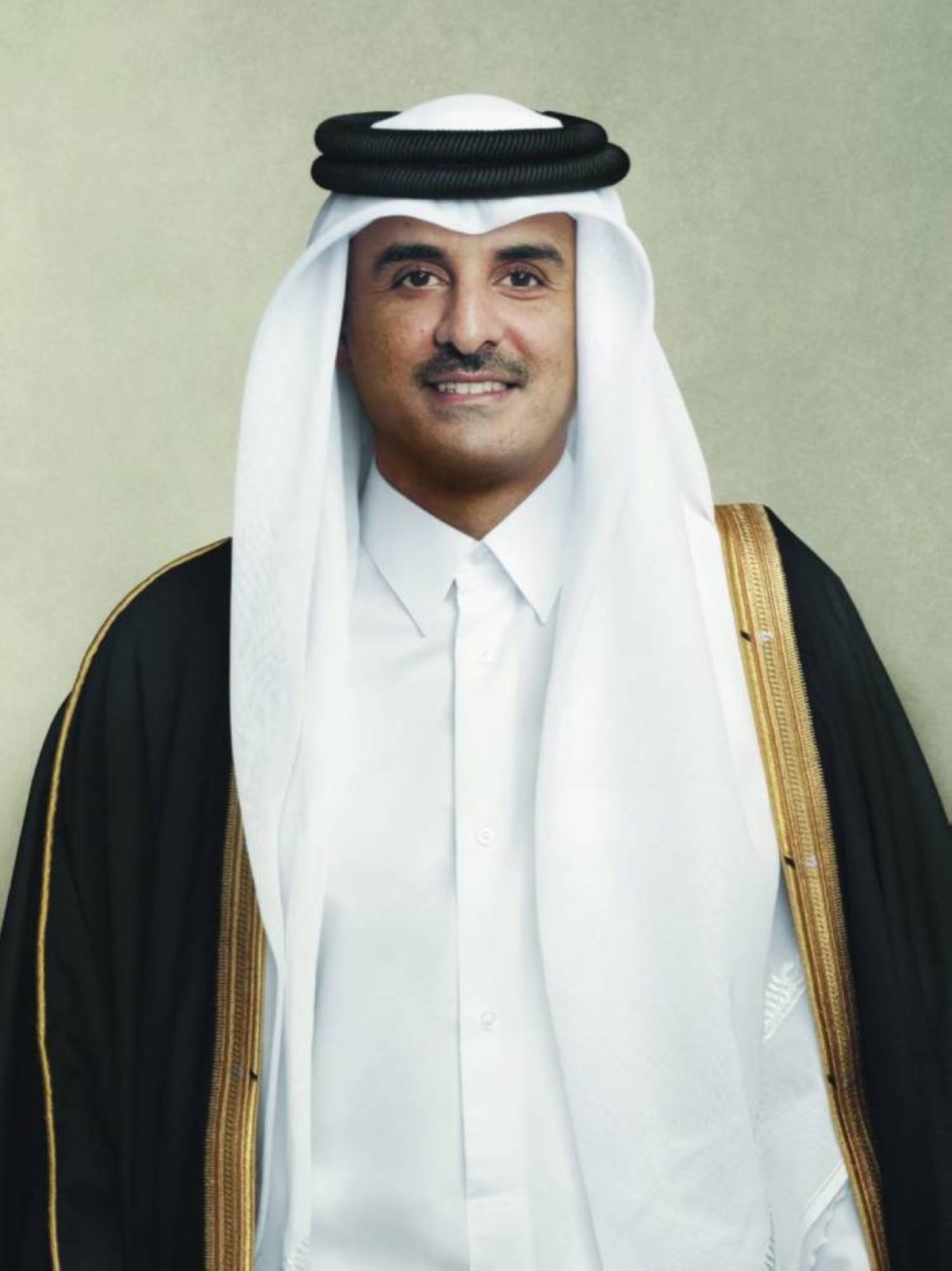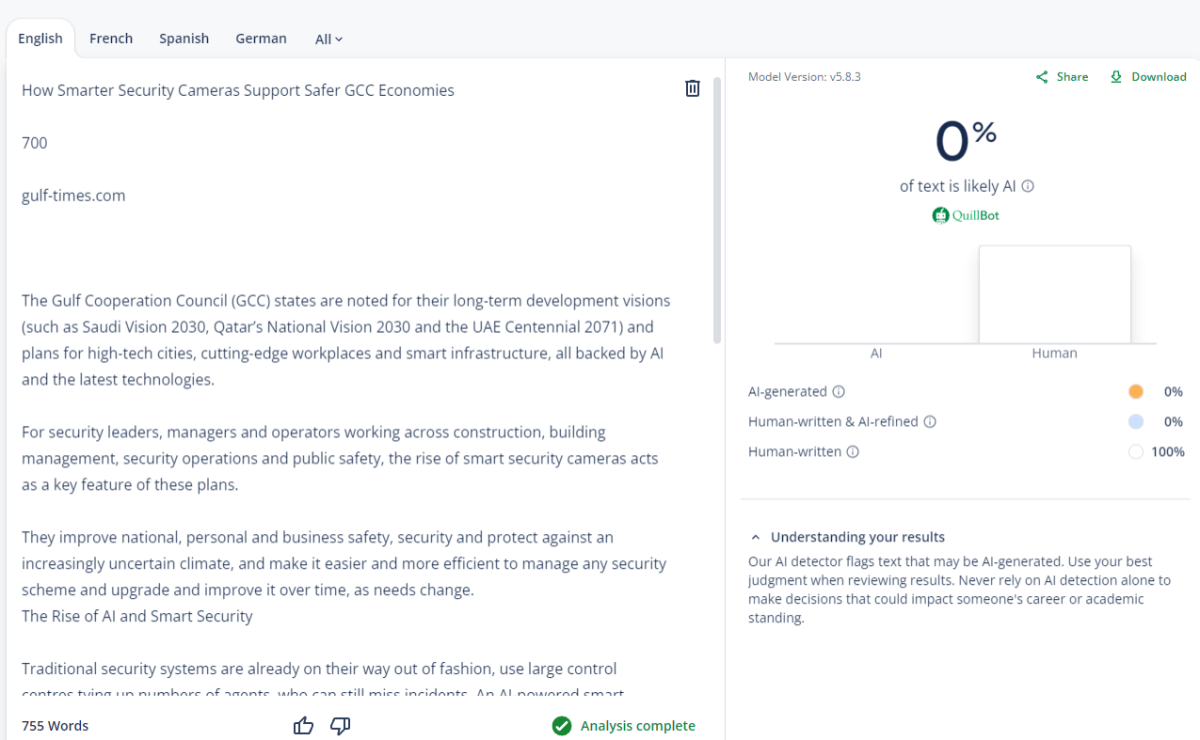Food franchise brands from the Philippines are capitalising on the significant Filipino expatriate community in Qatar and the growing appeal of Filipino cuisine to a diverse Middle Eastern market, potentially opening avenues for expansion into the Gulf nation.Vince Lorenzo Liwanag, the Commercial Attaché of the Philippine Trade Investment Centre (PTIC) – Riyadh, stressed that this strategic move aims to both attract investments from overseas Filipinos back home and establish a stronger global presence for popular homegrown brands.“Similar to Saudi Arabia, Qatar has a large Filipino community, which includes many engineers. For example, Potato Corner is trying to tap those Filipino entrepreneurs to invest back in the Philippines, so while they’re working abroad, they can already start their franchise,” Liwanag told Gulf Times in an exclusive interview.Beyond tapping into the entrepreneurial spirit of overseas Filipinos, Liwanag emphasised that Philippine franchise brands are also finding broad acceptance among other nationalities in the Middle East.Liwanag said: “Filipino cuisine is very well taken by not just Filipinos but also citizens and other residents in Qatar, such as South Asians, because our food is very easy on the palate; it is easy to urge these nationalities to try it... for example, Potato Corner is universally accepted. It has different flavours and most foreign customers are very willing to try, so most of our franchise brands are very marketable.”Lawyer Maria Katrina D Rivera, assistant director at the Export Marketing Bureau (EMB) of the Department of Trade and Industry (DTI), added that the DTI-EMB recently participated in the ‘Franchising Expo 2025’ held in Sydney, Australia, citing a strong push from the participating Philippine companies to go mainstream aside from tapping Overseas Filipino Workers (OFWs) to invest in Filipino brands.In its Facebook page, the DTI-EMB stated that nine “iconic Filipino brands,” Jollibee, Max’s Group, Miguelitos Ice Cream, Bench, Oryspa, Grainsmart Cafe, The Shawarma Shack, Nails Dot Glow, and Canadian Tourism and Hospitality Institute, participated in the event.“The Promotion of Philippine franchise brands in Australia is a collaborative effort by the Department of Trade and Industry - Export Marketing Bureau (EMB) and the Philippine Trade and Investment Centre (PTIC) - Sydney, the Philippine Exporters Confederation, Incorporated (PHILEXPORT), and supported by the Philippine Franchise Association (PFA),” the post also stated.While franchise companies move on different schedules, leading to a “trickle of companies going to Qatar” at times, Liwanag explained that close coordination with the PFA is expected to result in a dedicated mission “sometime this year or next year, as there is clear interest from the PFA in the Qatari market.“Some franchise brands have already reached out to explore opportunities and conduct their due diligence,” Liwanag also pointed out.

Peter Alagos
Peter Alagos reports on Business and general news for Gulf Times. He is a Kapampangan journalist with a writing career of almost 30 years. His photographs have been published in several books, including a book on the 1991 Mt. Pinatubo eruption launched by former Philippine president Fidel V. Ramos. Peter has also taught journalism in two universities.
Most Read Stories


